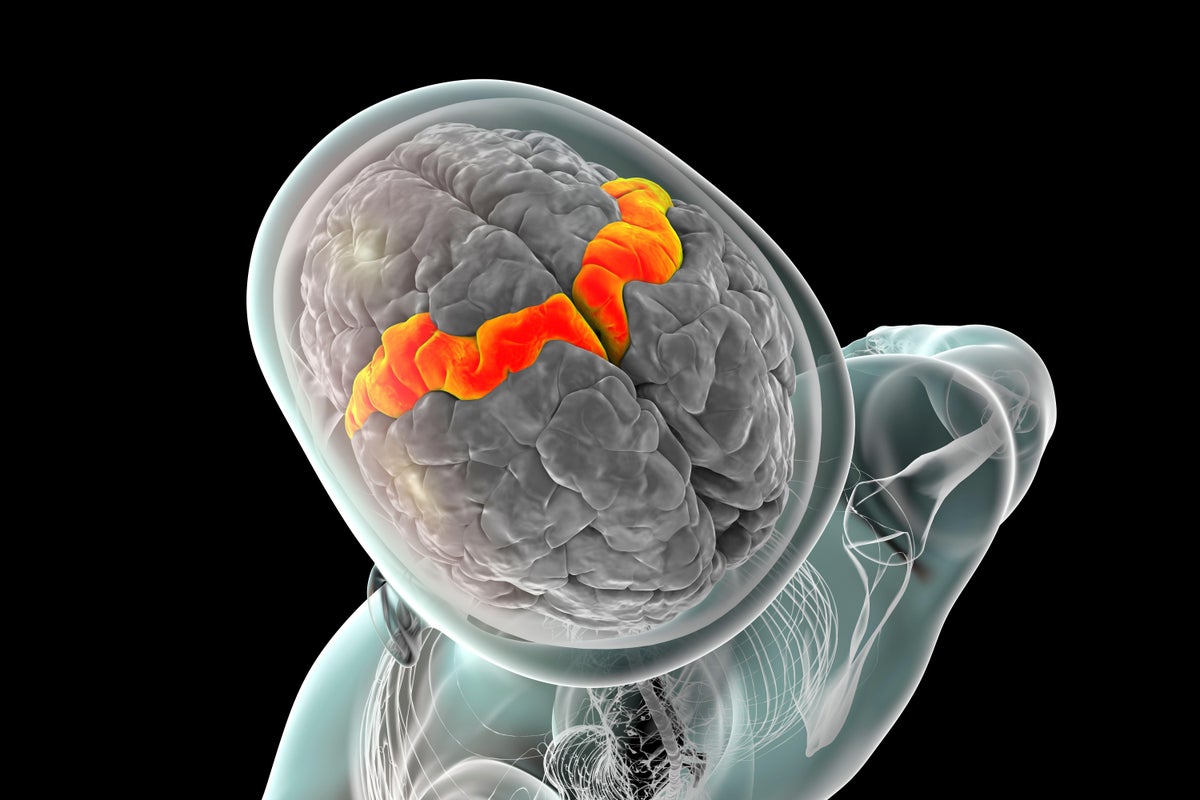
"The system is the first to reproduce not only a person's intended words but also features of natural speech such as tone, pitch and emphasis, which help to express meaning and emotion."
"This is the holy grail in speech BCIs, says Christian Herff, a computational neuroscientist at Maastricht University, the Netherlands, who was not involved in the study. This is now real, spontaneous, continuous speech."
A groundbreaking brain-computer interface (BCI) allows a man with a severe speech disability to express himself both verbally and through song by translating his neural activity into words instantly. This device reproduces elements like tone and pitch, conveying emotion and meaning. The study participant, who lost clear speech due to ALS, experienced a significant enhancement in communication ability, producing responses within 10 milliseconds after he signaled intent. This advancement marks a pivotal improvement in BCI technology, enabling real-time, coherent, and expressive speech once deemed impossible for those with similar disabilities.
Read at www.nature.com
Unable to calculate read time
Collection
[
|
...
]